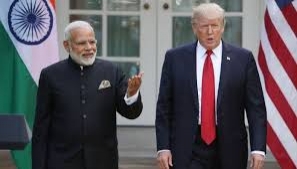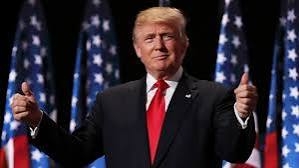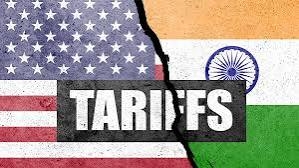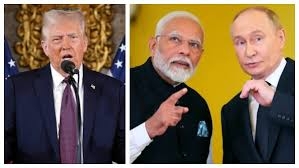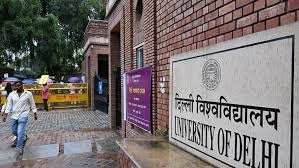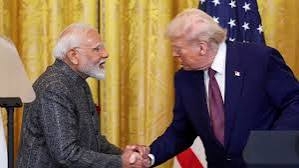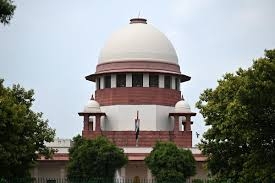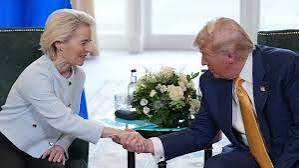India must take three steps "immediately" to stem the damage of the coronavirus pandemic, according to its former prime minister Manmohan Singh.
Dr Singh, who is widely regarded as the architect of India's economic reforms programme, and is now a senior leader of the main opposition Congress party, spoke to BBC this week in an email exchange. The coronavirus pandemic ruled out a face-to-face interview and Dr Singh declined a video call.
During our exchange, he laid out three steps he believes the government has to take to stem the crisis and restore economic normalcy in the coming years.
First, the government should "ensure people's livelihoods are protected and they have spending power through a significant direct cash assistance".
Second, it should make adequate capital available for businesses through "government-backed credit guarantee programmes".
Third, it should fix the financial sector through "institutional autonomy and processes".
India's economy was already in the throes of a slowdown before the beginning of the pandemic - GDP grew at 4.2% in the 2019-20, its slowest pace in nearly a decade. The country is now gradually unlocking its economy after a prolonged and grinding shutdown, but the future looks uncertain as infection numbers rise. On Thursday, India became the third country to pass two million Covid-19 cases .
India must take three steps "immediately" to stem the damage of the coronavirus pandemic, according to its former prime minister Manmohan Singh.
Dr Singh, who is widely regarded as the architect of India's economic reforms programme, and is now a senior leader of the main opposition Congress party, spoke to BBC this week in an email exchange. The coronavirus pandemic ruled out a face-to-face interview and Dr Singh declined a video call.
During our exchange, he laid out three steps he believes the government has to take to stem the crisis and restore economic normalcy in the coming years.
First, the government should "ensure people's livelihoods are protected and they have spending power through a significant direct cash assistance".
Second, it should make adequate capital available for businesses through "government-backed credit guarantee programmes".
Third, it should fix the financial sector through "institutional autonomy and processes".
India's economy was already in the throes of a slowdown before the beginning of the pandemic - GDP grew at 4.2% in the 2019-20, its slowest pace in nearly a decade. The country is now gradually unlocking its economy after a prolonged and grinding shutdown, but the future looks uncertain as infection numbers rise. On Thursday, India became the third country to pass two million Covid-19 cases .








3.jpeg)


